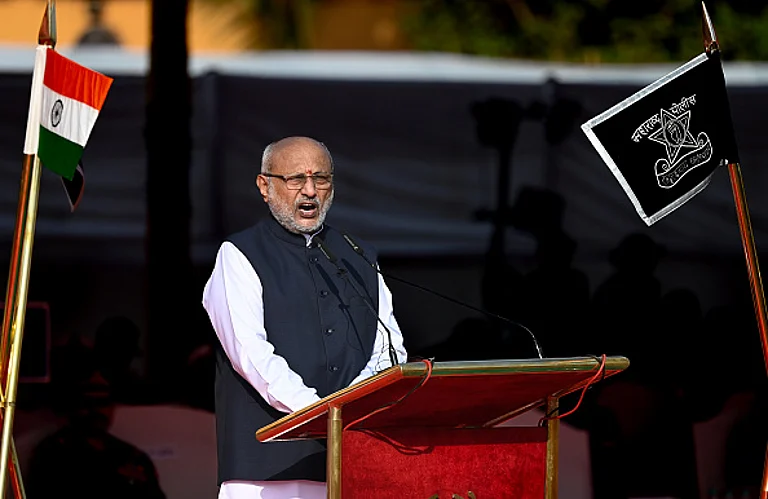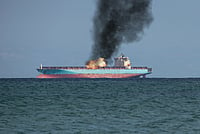
Former US Vice President Dick Cheney, who served under George W. Bush and was a central figure in post-9/11 US policy, has died at 84 from complications related to pneumonia and heart disease.
Cheney’s vice presidency symbolized the height of neoconservative power, driving US military interventions in Afghanistan and Iraq and expanding executive authority in the name of national security.
The Iraq War, launched on false claims of weapons of mass destruction, led to massive civilian casualties, regional instability, and immense financial and human costs for the United States.
Dick Cheney, the 46th vice president of the United States and one of the most influential and controversial figures in modern American politics, has died at the age of 84, AP reported.
His family confirmed his death, citing complications from pneumonia and long-standing heart and vascular disease.
Cheney, who served two terms as vice president under President George W. Bush from 2001 to 2009, played a defining role in shaping U.S. foreign and national security policy in the post-9/11 era. He was a key architect of the invasions of Afghanistan and Iraq, and a central advocate for expanding executive powers and aggressive counterterrorism measures — policies that drew both praise and condemnation.
Before his vice presidency, Cheney had an extensive political career. He served as Secretary of Defense under President George H. W. Bush during the Gulf War, where he oversaw Operation Desert Storm, and earlier as a U.S. Representative from Wyoming. His time as defense secretary earned him a reputation as a pragmatic and decisive leader, while his tenure as vice president transformed the office into one of unprecedented influence.
Cheney’s tenure as vice president under George W Bush is synonymous with neoconservative ambition, a vision of American dominance built on military intervention and disregard for international law. The invasion of Iraq in 2003 is perhaps the most glaring example of this approach. Alongside President Bush, Cheney pushed for a war based on false premises, most notably the existence of weapons of mass destruction (WMDs) in Iraq, and a supposed link between Saddam Hussein’s regime and the 9/11 terrorist attacks. Both claims were categorically debunked in the years that followed, yet the human and financial costs of the war are staggering.
Estimates of Iraqi civilian deaths range from hundreds of thousands to well over a million, depending on the source. This war destabilised an entire region, paving the way for the rise of extremist groups like ISIL (ISIS) and contributing to ongoing cycles of violence and displacement. The political vacuum created by the toppling of Hussein remains unfilled, as Iraq continues to grapple with internal conflicts and external influences.
Domestically, the costs were equally profound. The war drained trillions from the United States economy, money that could have been directed toward infrastructure, education or healthcare. Thousands of US troops lost their lives, and many more returned with life-altering physical and psychological wounds. Veterans of the Iraq conflict have some of the highest rates of PTSD and suicide among recent generations of American soldiers, underscoring the toll of this misadventure.


























